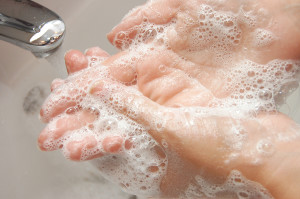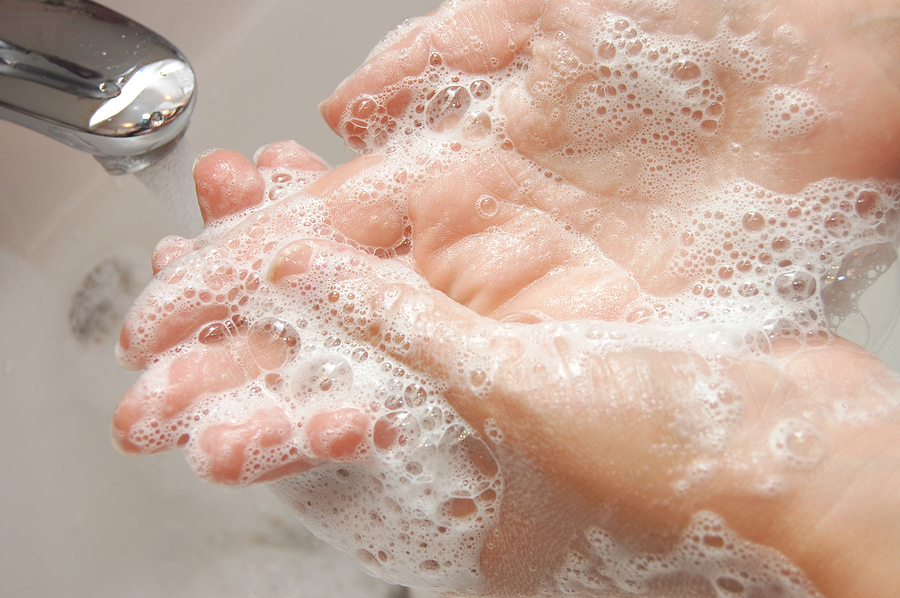What is E. coli?
 E. coli is a type of bacteria that lives in the body’s digestive tract. While most strains of E. coli are harmless, some produce powerful toxins that can cause infections. One common illness is traveler’s diarrhea, which is an intestinal disorder that can result from drinking water or eating food that is contaminated with human or animal feces. While this is often a concern when people visit developing areas where low sanitary standards or poor hygiene practices are commonplace, it can also result from unsafe food handling at home.
E. coli is a type of bacteria that lives in the body’s digestive tract. While most strains of E. coli are harmless, some produce powerful toxins that can cause infections. One common illness is traveler’s diarrhea, which is an intestinal disorder that can result from drinking water or eating food that is contaminated with human or animal feces. While this is often a concern when people visit developing areas where low sanitary standards or poor hygiene practices are commonplace, it can also result from unsafe food handling at home.
The most common signs of an E. coli infection are abdominal cramping, gas, watery diarrhea, fatigue, and fever. While these symptoms are unpleasant, the infection is usually not serious and will often resolve on its own within a few days. However, complications like dehydration and kidney failure are possible, especially in children, elderly adults, pregnant women, and anyone who has a compromised immune system, so it is important for everyone to take preventive measures.
Here are some simple ways to help avoid E. coli infections:
- Wash your hands thoroughly with hot, soapy water before handling or eating food, and after using the toilet, changing a diaper, or touching an animal.
- Defrost frozen foods in a refrigerator or microwave.
- Keep raw meats separate from other foods.
- To avoid cross-contamination, wash all utensils and food preparation surfaces with hot, soapy water before and after handling food; never use the same unwashed plate to hold uncooked and cooked meat.
- Thoroughly cook meats, especially ground beef, until the juices run clear and the meat is no longer pink.
- Wash fruits and vegetables before eating or cooking them.
- Refrigerate leftovers right away.
- Do not consume unpasteurized juices, milk, or other dairy products.
- When swimming in a lake or pool, try not to swallow any water.
Home care is usually sufficient for treating an E. coli infection. To avoid dehydration, it’s important to rest and drink plenty of water. For bloody stools, worsening symptoms, or diarrhea that lasts for more than four days (or two days for a child), you should seek prompt medical attention.
If you have questions or suspect that you have an E. coli infection, you can speak with a doctor at South Tampa Immediate Care. No appointments are necessary at our walk-in clinic, where you will be seen by a doctor who is experienced in diagnosing and treating a variety of common health conditions.













